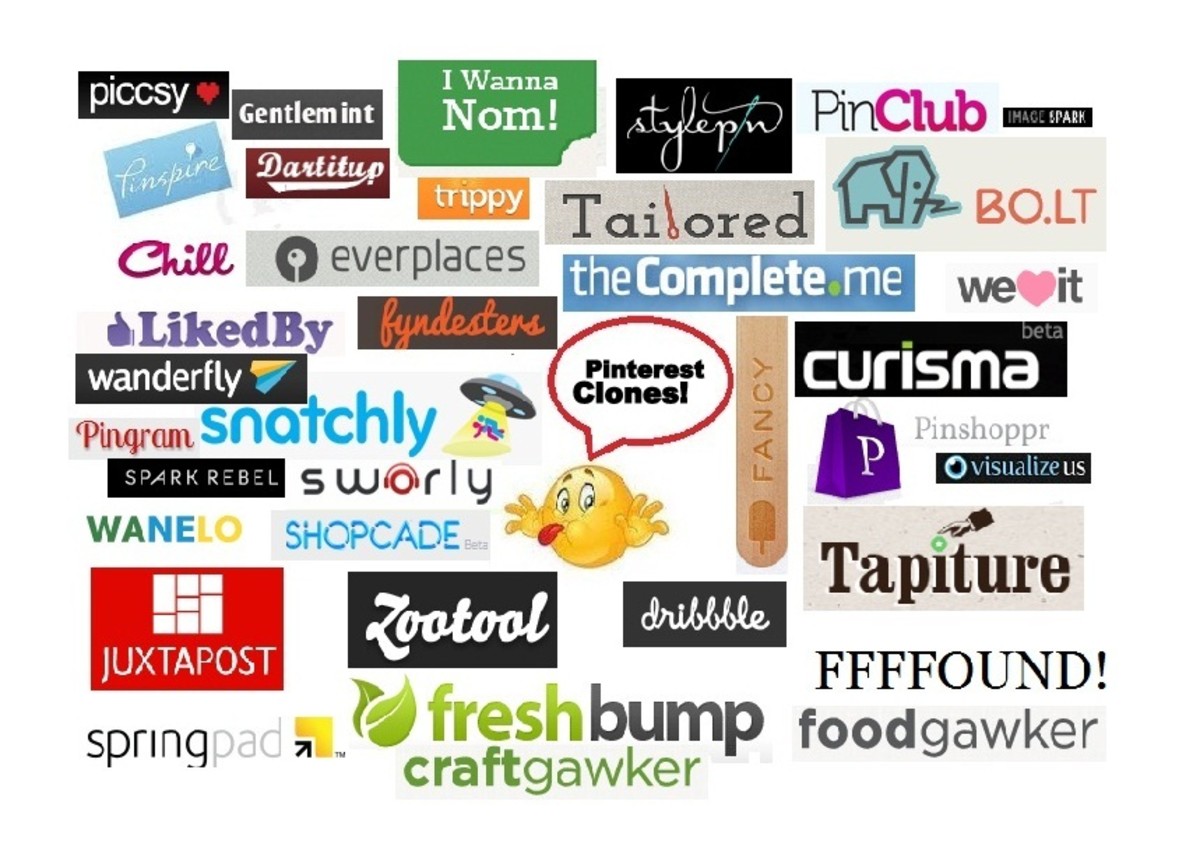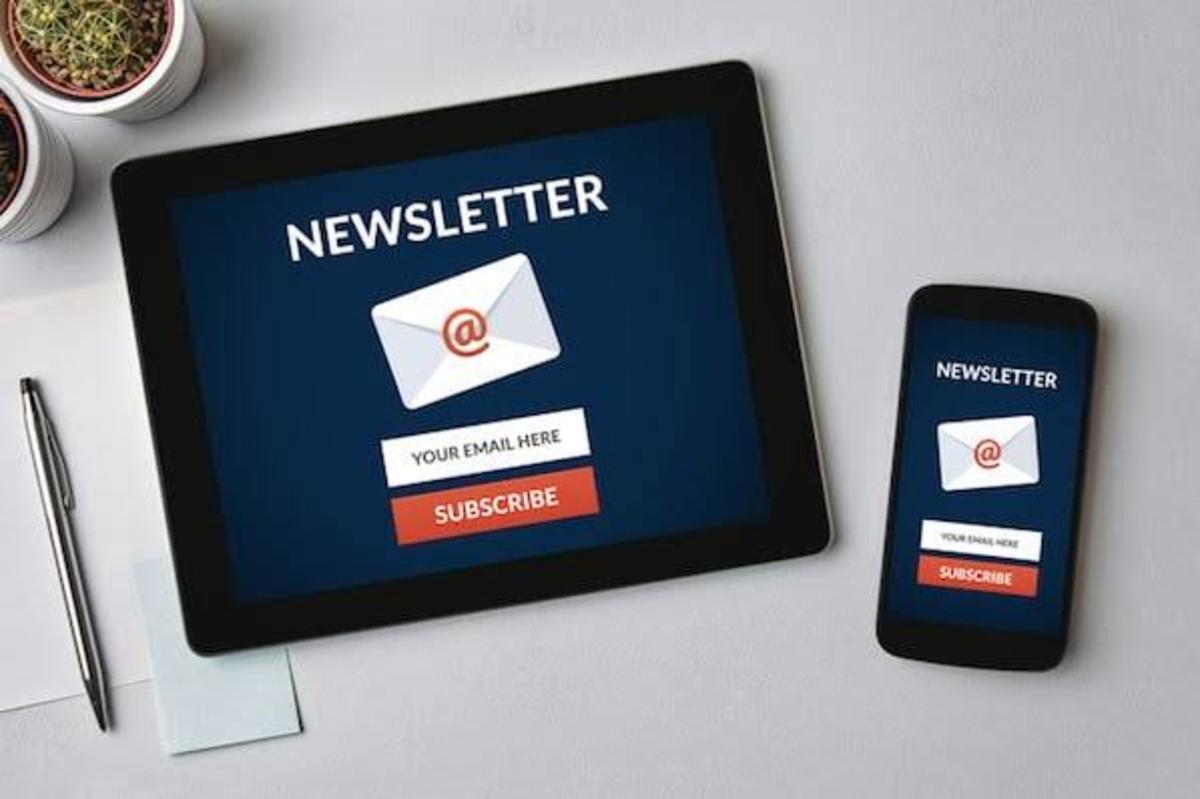- HubPages»
- Business and Employment»
- Marketing & Sales»
- Internet Marketing
"Maximize Your Impact: Mastering Opt-In Email Marketing for Unprecedented Results"

What are trigger words? Simply put, they’re words or phrases that incite action or emotion in your readers. They can be the tipping point that encourages your audience to open an email, click a link, or even make a purchase. However, you must use them carefully and authentically to maintain trust and avoid spam filters.
Here are some categories of trigger words and how to utilize them effectively:
Curiosity Triggers
Words like ‘Discover,’ ‘Uncover,’ ‘Secrets,’ or ‘Revealed’ provoke curiosity in readers. People naturally want to know more, and these words promise new, valuable information. Use them to pique interest in your email content or product offerings.
Urgency Triggers
‘Last Chance,’ ‘Limited Time,’ ‘Now,’ or ‘Hurry’ evoke a sense of urgency. They can prompt immediate action, but be sure to use them honestly. False urgency can lead to frustration and distrust among your audience.
Value Triggers
Who doesn’t love a good deal? ‘Free,’ ‘Bonus,’ ‘Discount,’ or ‘Exclusive’ can be enticing for readers. They signal that the reader will gain something of value, enhancing the appeal of your offer.
Relevance Triggers
Personalization is key in email marketing. ‘Your,’ ‘You,’ ‘We,’ ‘Our,’ make the reader feel seen and understood. By creating a sense of belonging and relevancy, these words can significantly increase engagement rates.
Emotional Triggers
Words that elicit emotions can be powerful. ‘Exciting,’ ‘Amazing,’ ‘Heartwarming,’ or ‘Inspiring’ can foster a connection with your audience, making your emails more compelling.
Authority Triggers
These include words like ‘Expert,’ ‘Trusted,’ ‘Certified,’ or ‘Professional.’ They build credibility, showing your audience that you’re a reliable source of information or a trustworthy provider of products or services.
Trigger Words
Remember, using trigger words isn’t about manipulation but rather about connecting with your audience’s needs, wants, and emotions. They should be used as part of a broader, value-oriented email marketing strategy.
However, there’s a caveat: excessive use of trigger words can make your emails look like spam, which can lead to lower open rates or even being blacklisted by email providers. Hence, use these words strategically and sparingly.
Also, keep an eye on your email analytics. They can provide valuable insights into which words are resonating with your audience and which ones aren’t.
Conclusion
In conclusion, mastering the art of using trigger words in your opt-in email marketing can lead to unprecedented results. By understanding your audience, carefully choosing your language, and continuously refining your approach based on feedback, you can maximize your email marketing impact and drive meaningful engagement.
This content is accurate and true to the best of the author’s knowledge and is not meant to substitute for formal and individualized advice from a qualified professional.
© 2011 christopher9882








